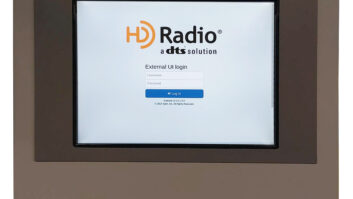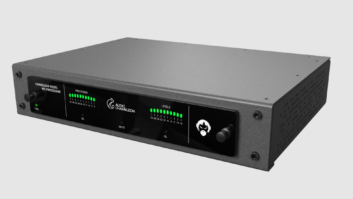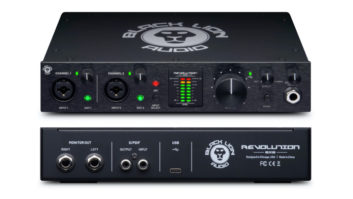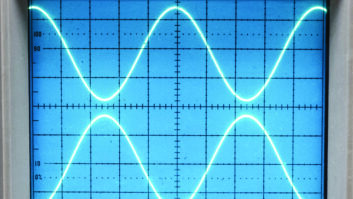The Recording Industry Association of America is strongly trying to get Congress to step in and mandate that either industry or the FCC develop and implement a broadcast flag rule for both satellite radio and the fledgling HD Radio.
While the RIAA and NAB have agreed source encryption is not the way to stop re-distribution of digital content over the Internet, neither group yet agrees on how to accomplish the effort.
Dan Halyburton, svp/gm group operations for Susquehanna Radio and the head of the new NAB task force on the flag issue, told lawmakers on the Senate Commerce Committee Tuesday he believes NAB could be part of a multi-industry effort to solve the issue if the scope was narrowly defined.
When Committee Chairman Ted Stevens asked Halyburton what lawmakers should do with draft legislation, as previously reported, Halyburton said, “If we can keep our approach contained…we’d like to work on it ourselves and see if we can work it out.”
RIAA Chairman/CEO Mitch Bainwol and CEA President/CEO Gary Shapiro sparred over whether a flag is needed for digital radio.
“New devices are coming onto the market that turn radio into downloading services,” said Bainwol. “The problem is the user doesn’t pay for the product. It threatens the viability of the legitimate download market,” he said referring to the fact that the music industry is losing “billions” each year in sales as physical sales of music drop and electronic sales don’t make up the difference.
He held up a brochure distributed at CES for one of the new XM Satellite Radio portable devices that states, “It’s not a Pod, it’s the mothership.”
The flag would work to prevent digital music piracy and it would not affect legacy devices, said Bainwol.
Shapiro said RIAA is trying to eradicate the rights of consumers to make recordings at home for their private use.
“I’m not sure what an audio flag is,” said Shapiro, who added that in discussions about the flag for video purposes, there were open talks and that flag was developed over several years. He said there is no consensus on audio flag technology, that the RIAA dropped out of discussions 7 years ago and hasn’t been back.
“The RIAA is trying to limit the use of satellite radio and HD Radio. Americans have the right to record off the radio at home,” said Shapiro, who says the draft bill under consideration restricts home recording. “Having been emboldened by a legislative victory over legitimate pirates, the RIAA is now going after ordinary consumers.”
The RIAA will get royalties from both from the satellite radio companies and the manufacturers of new portable satellite radios due on the market later this year, said Shapiro.
At CES, both XM and Sirius told RW Online the products are made so the recorded and stored content stays on the device and cannot be re-distributed.
Stevens asked Bainwol, “If I take something off these radios and use it at home on my iPod, are you trying to restrict that?”
Bainwol said listening and time-sharing is fine, but programming the device to record and store without listening to the material in order is different. “Cherry-picking emasculates the download model,” Bainwol said.
Given the early days of the HD Radio rollout, Shapiro warned a change that could affect legacy equipment in the marketplace could have a devastating effect, causing manufacturers to pull back on introducing new products; that happened on the TV side during the flag debate, he said.
Committee member Sen. John Sununu, R-N.H., questioned the need for the bill and suggested the RIAA might just need to work to strengthen copyright laws.
Stevens asked the group to give the committee regular progress reports and said that while his goal is to mark up legislation in March, the reality is, “One Senator can hold up a bill,” referring to the 25 to 30 items left over from last session still on the committee’s calendar. “I urge you to get together,” he said to the industry representatives in the room; “I do hope we can find agreement and get a bill that can not be held up.”
Audio Flag; RIAA Says Cherry-Picking a No-No While CEA Says RIAA Tries to Limit Sat, HD Radio Use
Audio Flag; RIAA Says Cherry-Picking a No-No While CEA Says RIAA Tries to Limit Sat, HD Radio Use












